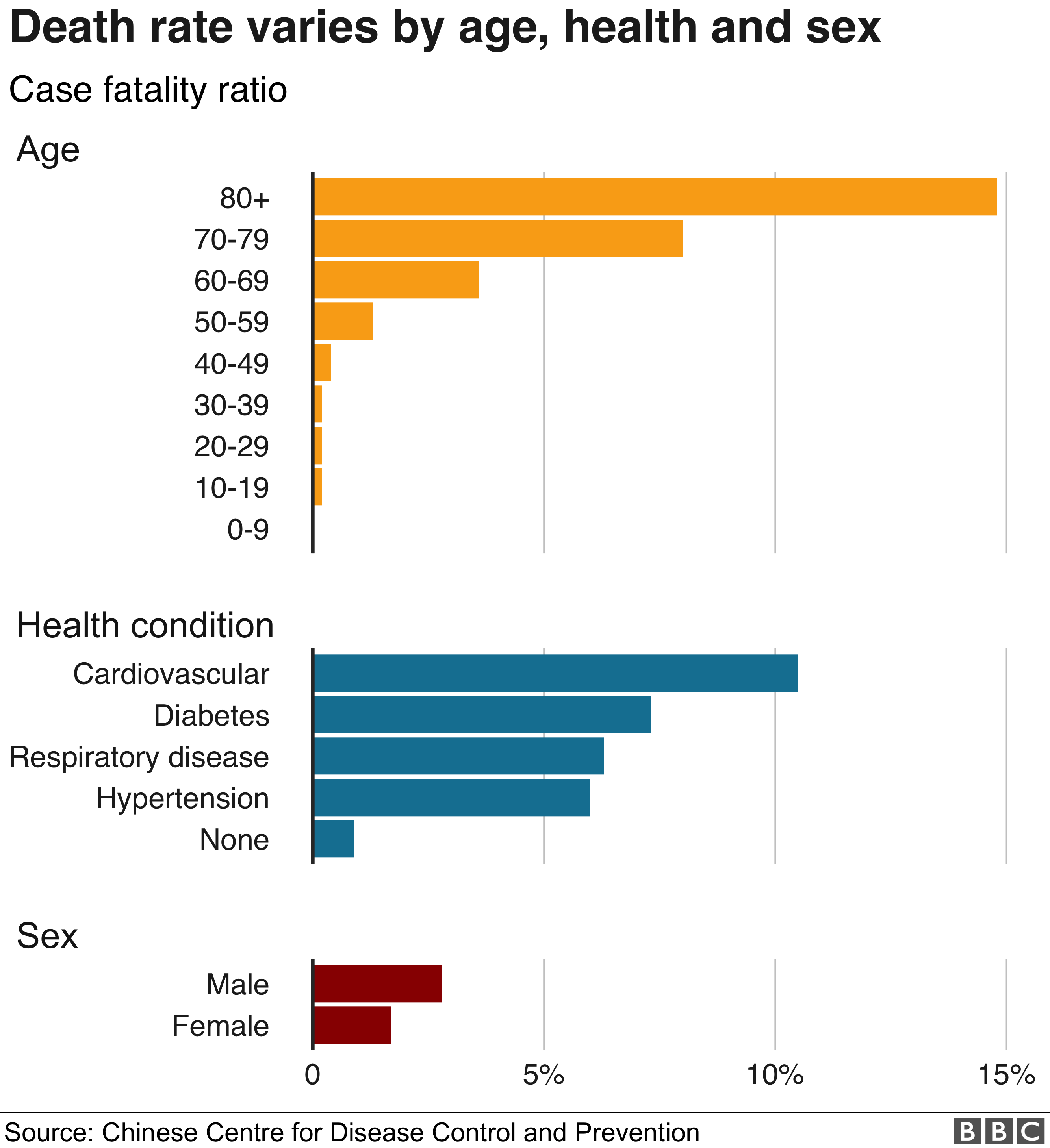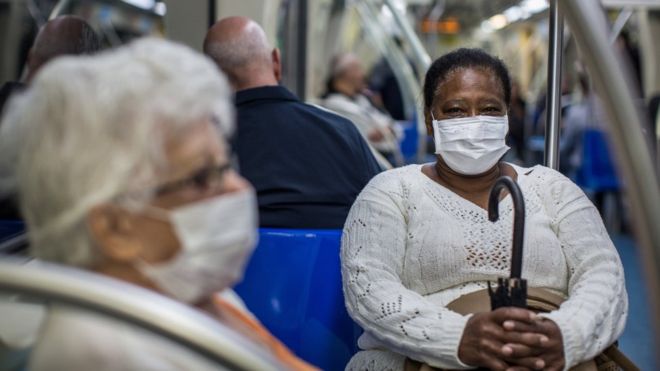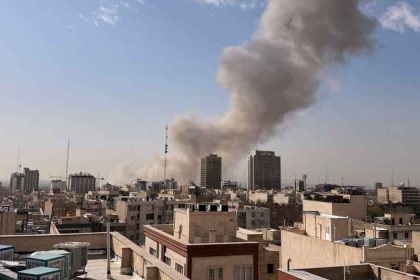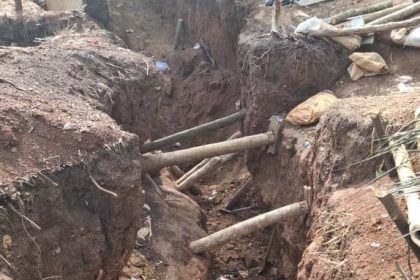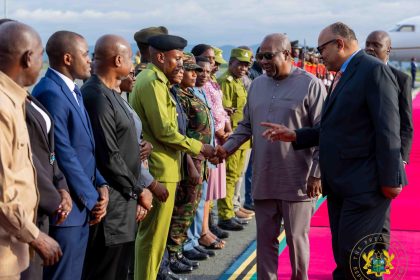The World Bank has committed $12bn (£9.4bn) in aid for developing countries grappling with the spread of the coronavirus.
The emergency package includes low-cost loans, grants and technical assistance.
The action comes as leaders around the world pledge to shield their countries from the economic impact of the outbreak.
It follows warnings that slowdown from the outbreak could tip countries into recession.
The aid is intended to help countries improve their public health response to the crisis, as well as work with the private sector to reduce the economic impact.
“What we’re trying to do is limit the transmission of the disease,” World Bank Group President David Malpass told the BBC.
The organisation said it would prioritise the poorest and most at-risk countries in distributing the aid to counter the effects of the virus, which has spread to more than 70 countries around the world.
Half of the package comes from the bank’s International Finance Corporation, which works with the private sector. About $4bn of the $12bn is being shifted from previously available funds.
Countries with weak health systems, limited financial resources and close economic links with China are said to be most vulnerable to the coronavirus outbreak.
The countries most at risk to the economic impact of the outbreak are Sri Lanka, Vietnam, and the Philippines, according to a vulnerability index by the Overseas Development Institute (ODI).
Authorities have confirmed more than 92,000 cases of the virus worldwide of which more than 80,000 are in China. More than 3,000 people have died globally, the vast majority in China.
New infections and deaths have been declining in recent weeks in China due to draconian quarantine measures. The country on Wednesday reported 38 more deaths but a fall in fresh cases for a third consecutive day.
The worst-hit country outside China remains South Korea which on Wednesday reported 516 new confirmed infections, bringing the total to 5,328. The country’s death toll stands at 33.
“The point is to move fast; speed is needed to save lives,” Mr Malpass said in conference with reporters. “There are scenarios where much more resources may be required. We’ll adapt our approach and resources as needed.”
The Dow Jones shed nearly 800 points on Tuesday, paring Monday’s big gains. This was despite a rare emergency move by the US Federal Reserve to cut interest rates by 0.5% amid fears over the impact of the coronavirus.
It was the biggest cut since the global financial crisis more than a decade ago.
How deadly is Covid-19?
The World Health Organization (WHO) says the virus appears to particularly affect those over 60, and people already ill.
In the first large analysis of more than 44,000 cases from China, the death rate was 10 times higher in the very elderly compared to the middle-aged.
The WHO also warned that prices of protective equipment, such as surgical masks and gloves, are soaring due to a global shortage, and asked companies and governments to increase production by 40%.
Health experts believe Covid-19 does not transmit as efficiently as seasonal flu and is not generally passed on by people who have no symptoms.
